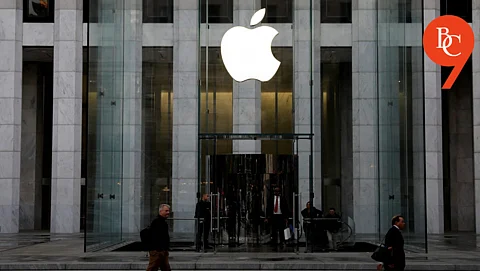

When starting a new job, it’s natural to feel eager to impress, contribute, and make your mark. But according to a former Apple director, the smartest thing you can do in your first weeks isn’t to rush into action—it’s to slow down and deeply observe the company culture. This advice, rooted in years of experience at one of the world’s most influential tech companies, is resonating with professionals everywhere who want to set themselves up for long-term success.
Apple is renowned not just for its innovation, but for its distinctive and often enigmatic company culture. Former director Emily Chen (name changed for privacy), who spent over a decade at Apple leading cross-functional teams, recently shared her top tip for new hires: “Slow down and deeply observe. Before you try to change things or prove yourself, understand how things really work here.”
Chen’s advice is simple but profound. She explains that every company has its own unwritten rules, values, and rhythms—many of which aren’t captured in employee handbooks or onboarding presentations. “At Apple, what mattered most was understanding the subtle cues: how teams communicate, who influences decisions, and what behaviors are truly rewarded,” she says.
Company culture shapes everything from how meetings are run to how conflicts are resolved and how innovation happens. Jumping in too quickly, without reading the room, can lead to missteps or misunderstandings—even for the most talented professionals.
“People often underestimate the power of culture,” Chen notes. “You might have great ideas, but if you don’t understand the context, you risk alienating colleagues or missing out on key opportunities.”
By slowing down and observing, new hires set themselves up for sustainable success. They build stronger relationships, avoid common pitfalls, and gain a nuanced understanding of how to contribute effectively.
“Some of the best leaders I’ve worked with at Apple weren’t the loudest or fastest to act,” Chen recalls. “They were the ones who took time to understand the culture, earned trust, and then made a lasting impact.”
